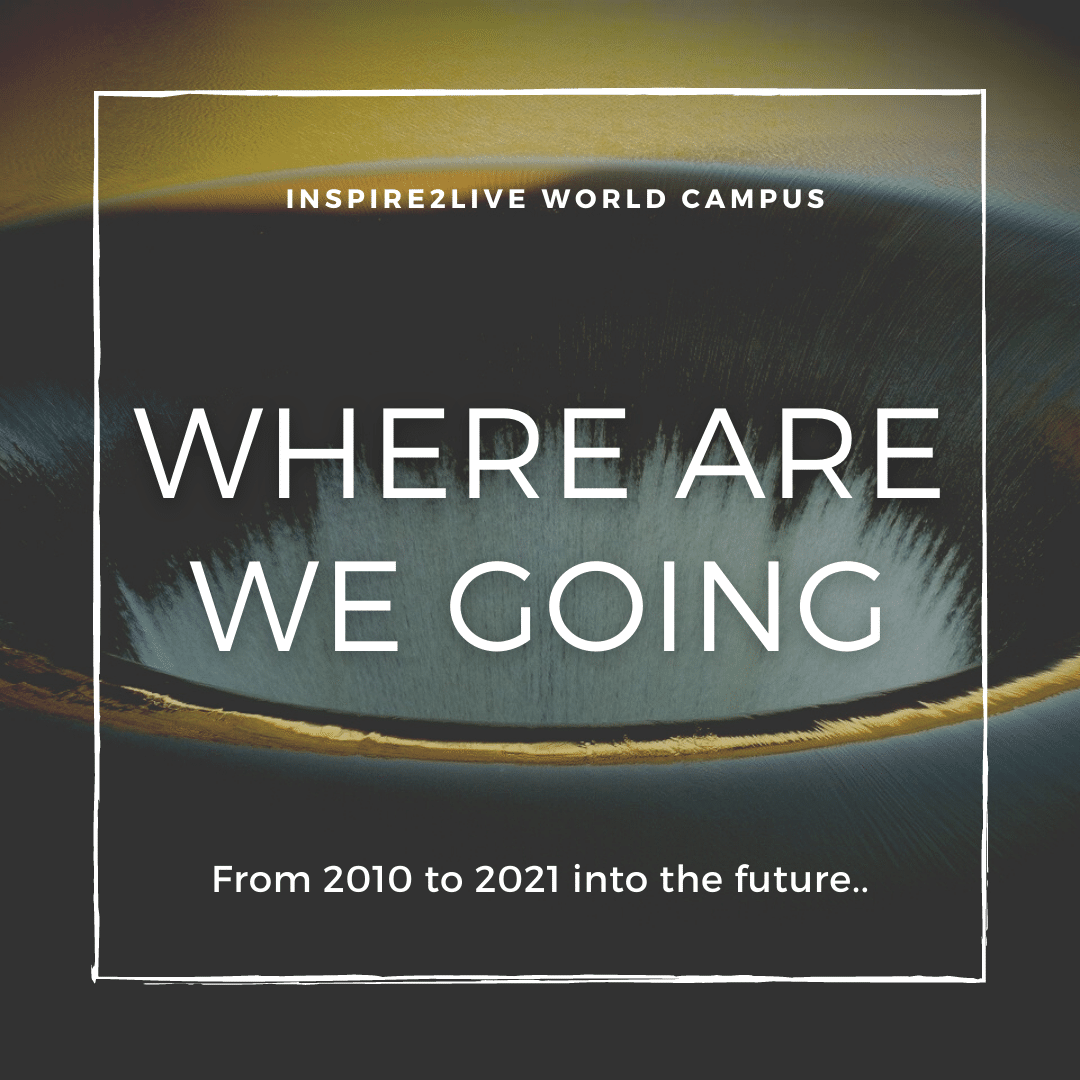A central regulative idea of Inspire2Live is the pooling of resources. When we started Inspire2Live in 2010, we wanted to bring the best cancer researchers from Europe and North America together in one “pool”. Our biggest success was the speeding up of organoid research for cancer. Hans Clevers, at the time director of the Hubrecht Institute in Utrecht started together with his colleagues a whole new concept to test compounds for the treatment of cancer and investigating living tumor tissue.
Where are we now?
A) Today we are creating seminar groups that are cross-overs between patient advocates and scholar activists. Like we achieved with Hans Clevers, we hope to bring science closer to the patient. Soon we have an alliance with the International Agency for the Research of Cancer (IARC) of the World Health Organization (WHO). Four groups will form the bridges between science and people: Prevention and screening, Breast Cancer, Cervical Cancer and Cancer Registries for Action.
B) Thanks to Rick Davis, we are now able to set up peer groups of (ex)patients efficiently and with an experienced team of moderators. Our first peer group will start in Beirut. Others will follow. Patients help patients. It is a principle that we will exploit to the fullest.
C) One of the huge challenges for us is prevention. The best prevention starts at the earliest possible age. Therefore, we believe schools are one of the best starting points. We are currently exploring a collaboration with Dance4Life. Please look at their website. Dance is as a great way to reach children and young people, in addition it could help us to reach out to and educate young people, for example before they become sexually active. Particularly in Africa Human Papilloma Virus (HPV) vaccination could seriously undercut the spread of cervical cancers. Here we see an important task for us.
D) I also have an objective that is fully in accordance with the first three, but it stands somewhat apart. It deals with radical inequality and not accepting it. When a person hears s/he has cancer what we feel is the falling into a bottomless pit with questions as ‘Will I survive?’, ‘Can I keep working?’, ‘Can I stay a fully functioning parent and for how long?’.
Hundreds of stories testify to the horror of getting diagnosed and living with cancer. For millions and millions of people there is no treatment for cancer within reach. This fact inspired us to search for and find a bottom under cancer for ALL. Nothing fancy, but real and good nonetheless. Can we create a basic package for cancer care for everyone in the world, that is in reach practically and financially? We think yes. We call it BUCS: Bottom-Up Cancer Support.
BUCS should focus on three elements and put them in reach of each and every one:
- prevention
make sure people don’t get cancer in the first place - performance and rehabilitation
if they do get cancer make sure that can keep functioning as long as possible - pain management
decrease or eliminate the suffering without severely restricting the patients’ agency, as happens with opioids
BUCS should be high quality for all people in the world: for low-, middle- and high-income countries, irrespective. It should be a basic human right. Of course, BUCS is the bottom line. Treatment of cancer is no less important. But let us wage for equitability, bottom up first. It is this aspect of our philosophy that the global prospective has engendered.
Jan Gerrit Schuurman
Patient Advocate Inspire2Live

